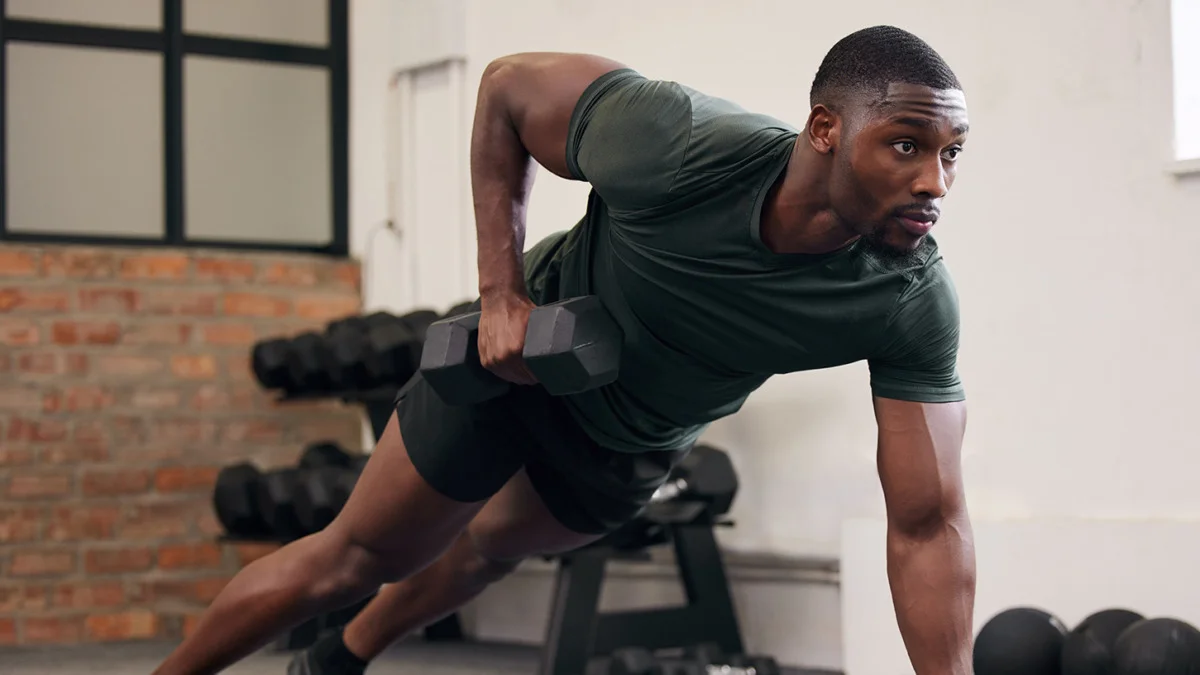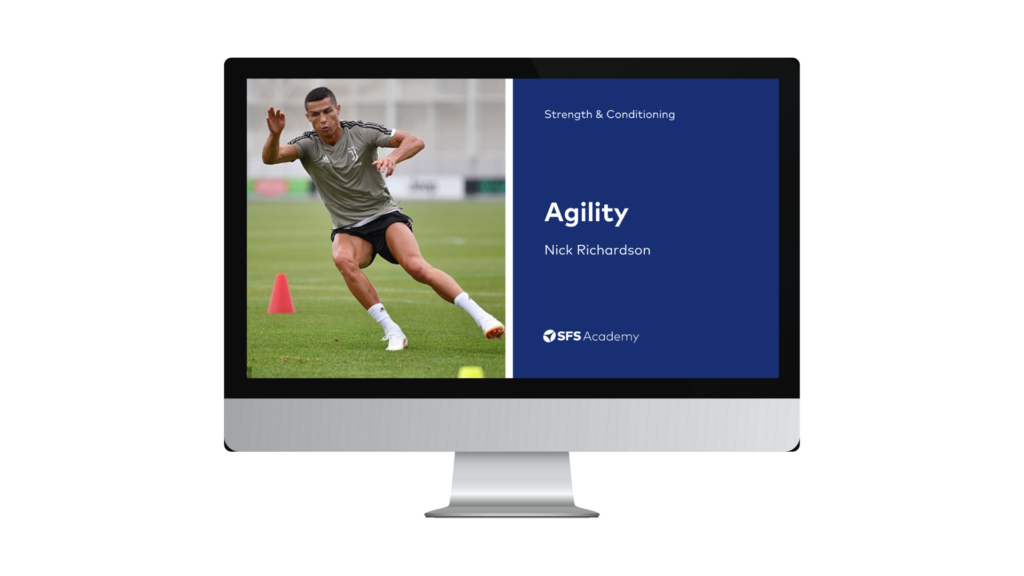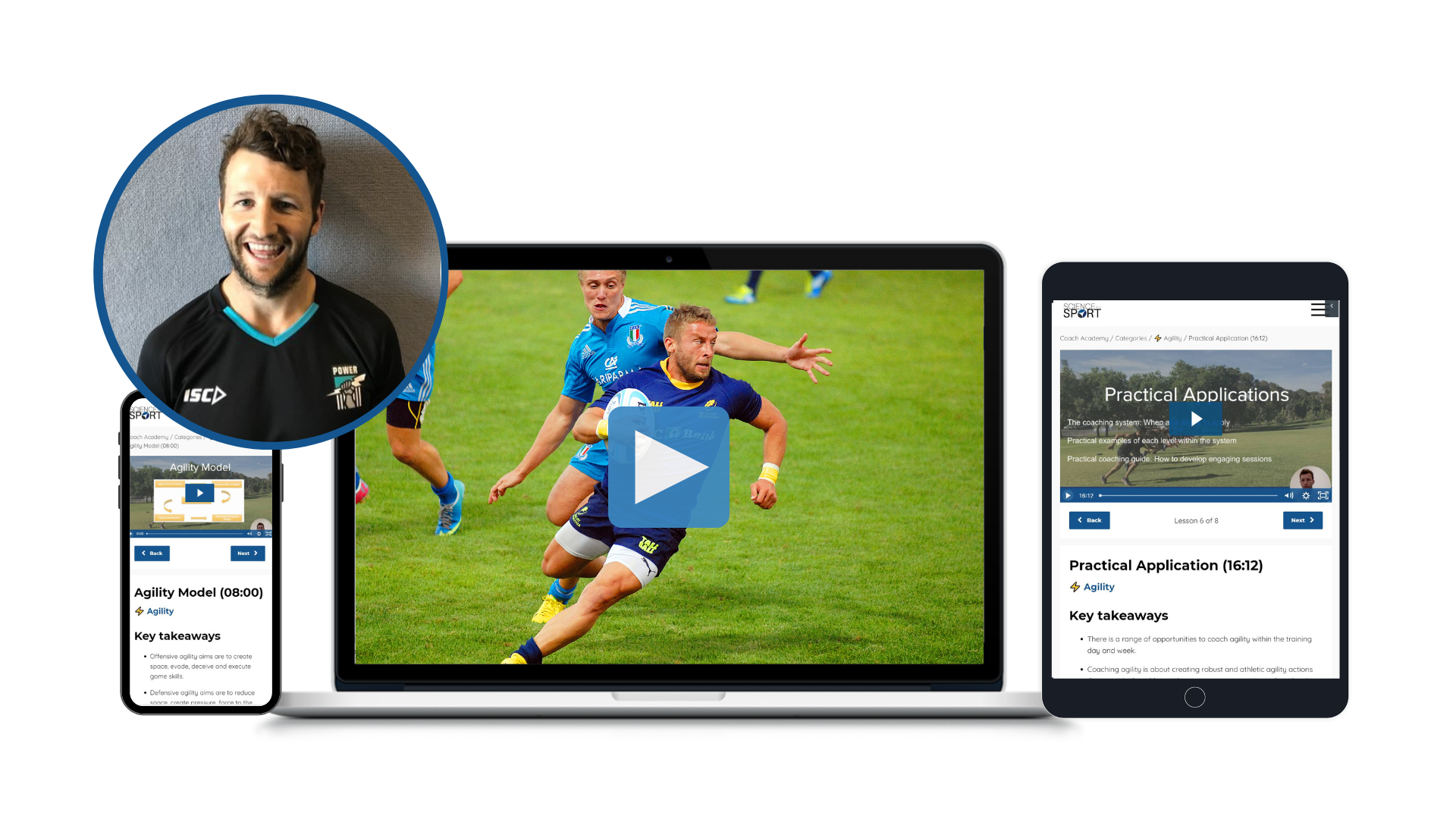This week in the world of sports science, here’s what happened…
- The truth about “3 sets of 12 reps”
- Low energy availability and its effect on sleep
- Sample gym training session of a female AFL Athlete
The truth about “3 sets of 12 reps”
Jeff Cavaliere, also known as Athlean X, recently posted a noteworthy video on YouTube. In this video, he discusses the problems with becoming too fixated on the common programming of three sets of 12 reps for hypertrophy-oriented training goals.
Cavaliere demonstrates this problem by having his assistant perform 12 reps of a dumbbell incline press, which he cleverly timed to take only 27 seconds. He explains that this set is far too short to elicit a hypertrophic response. Instead, he suggests using eccentric muscle tension to drive hypertrophy. To achieve this, he advises that a set should last at least 45 seconds. Therefore, he recommends controlling the eccentric portion of the lift for 2 to 3 seconds. By doing so, a set of 12 reps, with an eccentric tempo of 3 seconds and a concentric tempo of 1 second, takes 48 seconds and should put you nicely into the suggested 45+ second set guideline for hypertrophy.
However, like his assistant, many people are just fixated on the number 12 and finish their set too quickly to elicit a hypertrophy response.
Towards the end of the video, Cavaliere discusses other methods to drive muscle hypertrophy. He emphasises that the goal should always be to “make all repetitions count, rather than just counting repetitions”. Therefore, the video is highly recommended for anyone interested in programming for muscle hypertrophy, whether as a trainer or an athlete.
Low energy availability and its effect on sleep
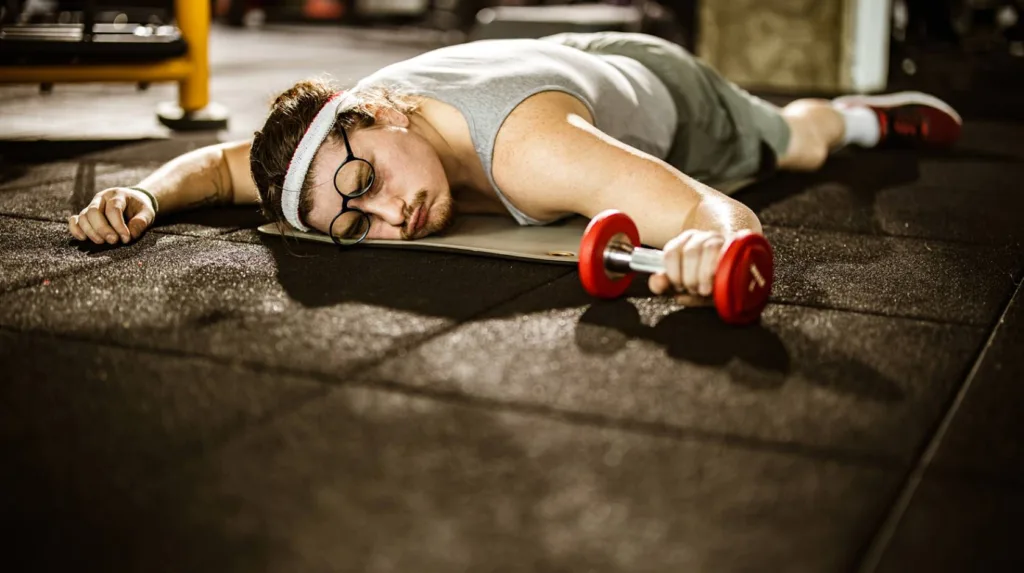
Last week, Nutraingredients published an article on low energy availability and its link to poor quality sleep in young athletes. The article is based on the findings of a recent study, which shows that low energy availability is associated with impaired sleep quality in young rugby players.
The study monitored calorie consumption and sleep quality over an intensive training week. Interestingly, nearly half of the 42 participants were deemed to have low energy availability, consuming less than 30 calories per kilogram of fat-free body mass per day. When sleep was monitored, the low energy availability group demonstrated higher awakenings than the control group and had an overall lower quality of sleep.
Sleep quality is essential for the physical and mental development of young athletes, and every effort should be made to improve it. The article suggests that clubs should consider bringing in sleep experts, an undervalued and underutilized resource. The article emphasises that although the study was conducted on rugby players, many adolescent athletes from other sports are currently underconsuming the required calorie recommendations, and their sleep is also negatively affected.
If you coach youth athletes, this article is certainly worth checking out. It highlights that nutritional intake and sleep quality are just as, if not more, important than training for young athletes.
We have some excellent blog resources about sleep that you should definitely check out!
- Enhance Your Sleep, Enhance Your Game!
- 8 Powerful Tips to Help Your Athletes Sleep Better
- Sleep Extension Through Napping May Aid Performance
Sample gym training session of a female AFL Athlete
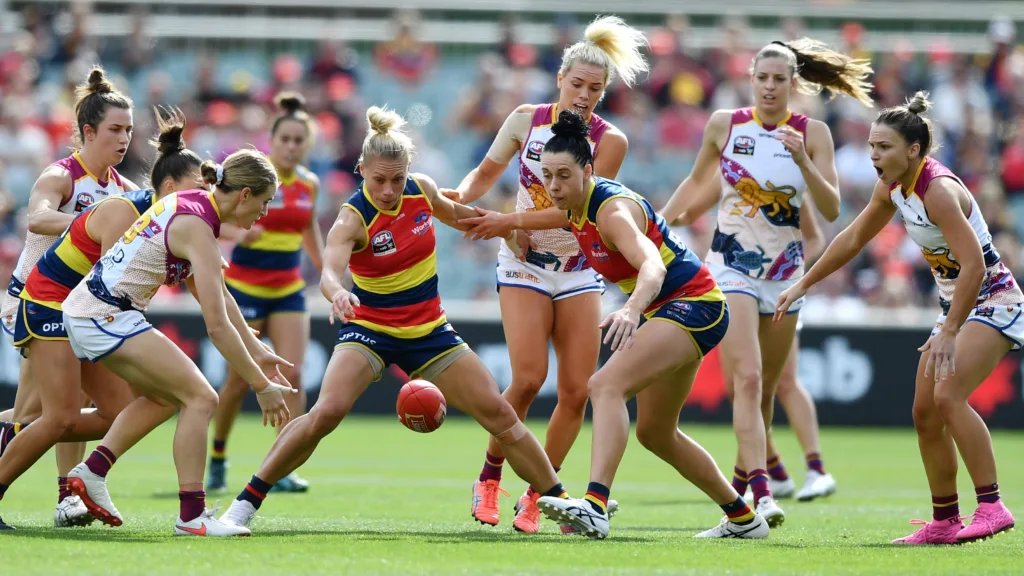
Last week, Brendan Hoyer shared a post on LinkedIn featuring an off-season session with a female athlete from the Australian Football League (AFL). The post garnered a lot of engagement through likes and featured a detailed rationale along with an excellent-quality video of the athlete performing various exercises.
In the post, Hoyer began by providing some insight into the focus of his program. His athlete is currently focusing on improving acceleration so he has cleverly included gym-based acceleration exercises to supplement on-pitch acceleration exposure. He also aimed to improve his athlete’s ground contact during maximum velocity sprinting by including exercises that promote a correct hip position. Additionally, the post suggested that the athlete had undergone ACL surgery, and Hoyer wanted to improve her robustness, so he included resiliency exercises.
Hoyer then presented his program and provided an excellent-quality video of the athlete performing the exercises. It is always interesting to observe the methods of top strength and conditioning coaches, and Hoyer’s post is an excellent example of his skill set. His programming skills and reasoning can serve as an example to aspiring strength and conditioning coaches.
From us this week:
>> New course: Physical Preparation for Cross Country
>> New podcast: Cutting Weight Safely For Fighters
>> New infographic: Prediction Of Defensive Success In Elite Soccer Using Machine Learning
>> New article: 15 Best Barbells For Home Gyms
Access to a growing library of sports science courses
SFS Academy is an all-access membership to premium sports science education.
With SFS Academy, you’ll learn from some of the best coaches around the world as they teach you how to apply the latest research and practice with your athletes.
